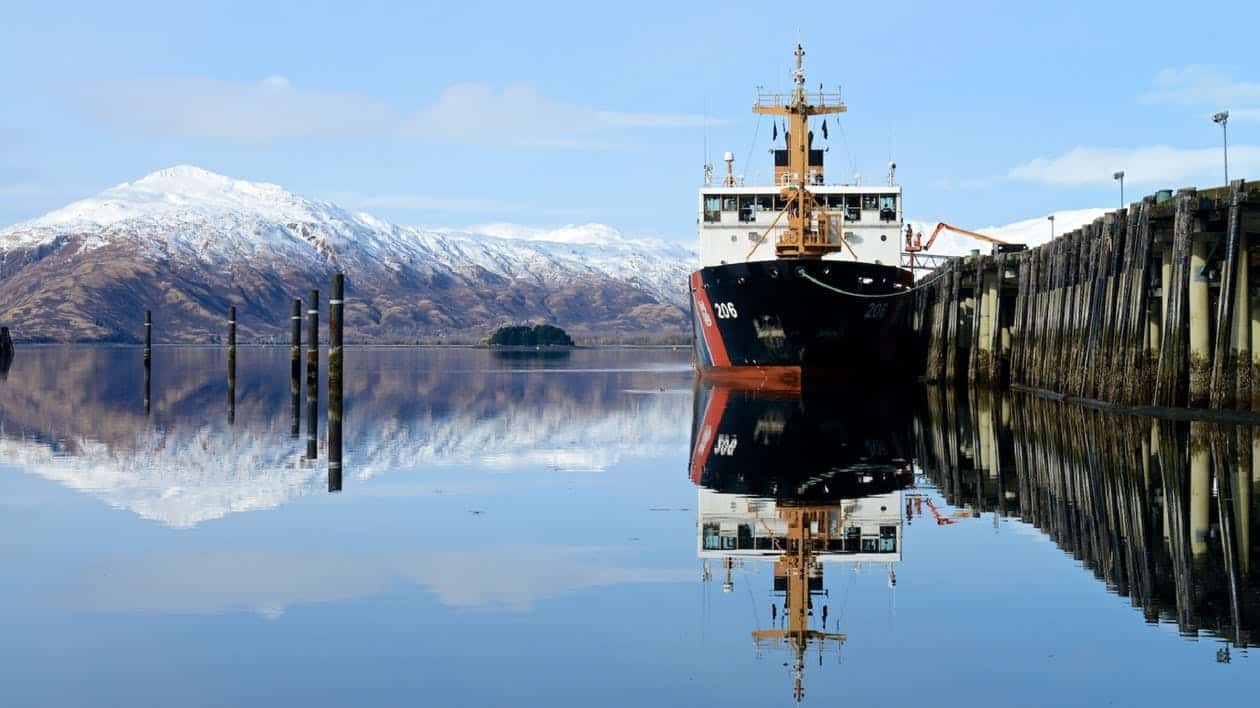
Sector overview
The maritime sector in the UK is a key channel for the country’s global trade. According to Maritime UK (it facilitates 95% of the total exports and contributes £46.1bn to the British economy, generating over 1 million jobs.
The sector is fundamental for the trade of British goods and services, but also offers recreational benefits that enable tourists to enjoy the UK’s stunning coastline.
As an island nation, Britain strongly relies on the maritime sector and needs to invest in innovation to reinforce its competitive advantage and role as a market leader in the design, manufacture, and refit of commercial, naval and leisure vessels.
Maritime: The 5-year plan for the UK
The UK Government has already set the scene for the future launching “Maritime 2050”, an ambitious plan aiming to strengthen the collaboration between the Government, industry and stakeholders and raise the level of export from Britain to the rest of the world from 30% to 35% of GDP. This will help to maintain the UK’s market share in an increasingly competitive global market (Department for International Trade, 2019).
One of the biggest challenges for the sector at this stage is to reduce carbon emissions and tackle environmental issues. The target is to reduce the level of greenhouse gas emissions produced in 2008 to 50% by 2050.
Companies in the sector are already involved in numerous innovative zero-carbon energy projects, such as the implementation of fuel cells on workboats and ferries, and the automation of vessels, amongst many others. These projects have the potential to scale up in the long term and help the sector to achieve the 2050 target, reinforcing the export market in the UK.
How can R&D tax credits support UK maritime firms?
To carry innovation forward, R&D tax credits are undoubtedly a huge opportunity for companies operating in the maritime sector. Many of the activities that these companies carry out on daily basis are eligible for the incentive.
Some examples of qualifying expenditure for maritime companies are:
- The development of engines powered by clean energy, such as hydrogen, for ferries and cargo vessels
- The development of construction techniques for maritime structures to increase the level of protection against corrosion and improve durability
- The implementation of drone solutions to gather data able to diagnose and resolve issues related to ship defects or enhance security and surveillance
- The implementation of monitoring systems to manage emissions and optimise energy consumption
- The design of innovative fuel cells including features such as thermal management or physical integration for space optimisation
- The utilisation of big data to enhance the efficiency of operations and reduce risks such as delay of shipments
Can your company benefit from R&D tax credits?
Maritime companies have the opportunity to access substantial funds to enhance their business operations and stimulate innovation in the sector through the generous R&D tax credit incentive.
With many years of experience and more than 600 applications submitted, Apogee has built a strong reputation within the R&D sector and with HMRC.
Thinking of submitting an application? Get in touch, you’re in safe hands with Apogee.
Sources:
Maritime UK, (2022). About Maritime UK. Available at: https://www.maritimeuk.org/about/about-us/
Department for International Trade, (2019). Promoting the UK’s world-class global maritime offer: Trade and Investment 5-year plan 2019. Available at: https://assets.publishing.service.gov.uk/government/uploads/system/uploads/attachment_data/file/964144/maritime-5-year-plan-digital-a4-revised-feb-2021.pdf


